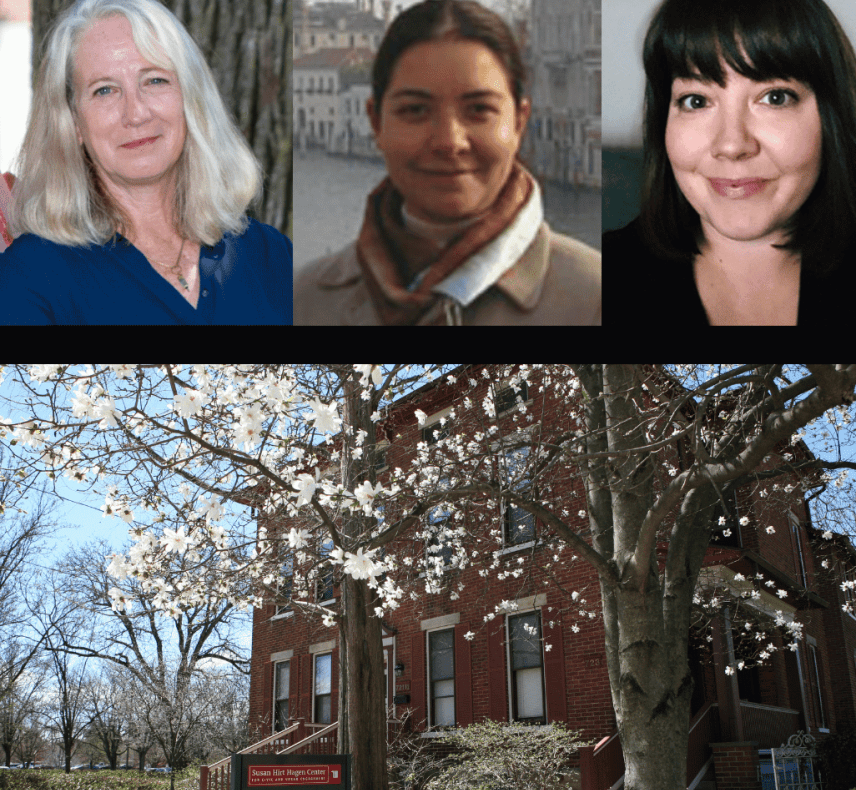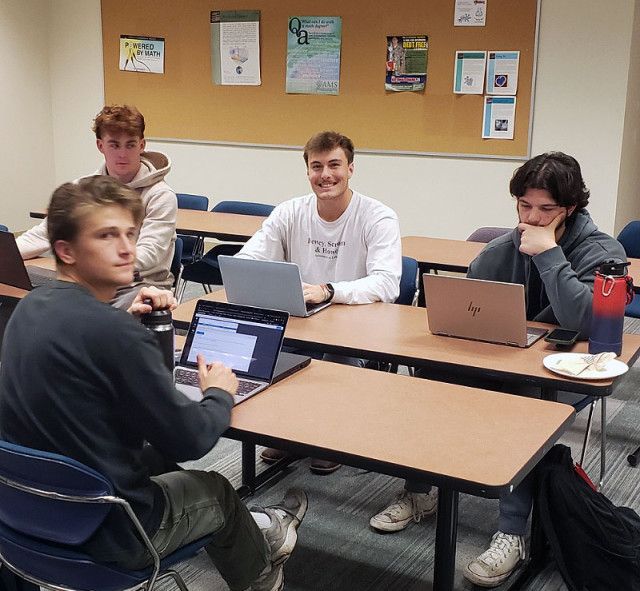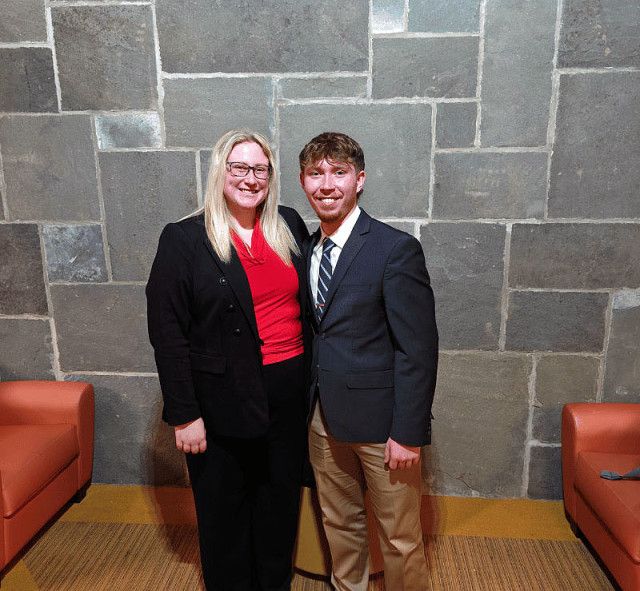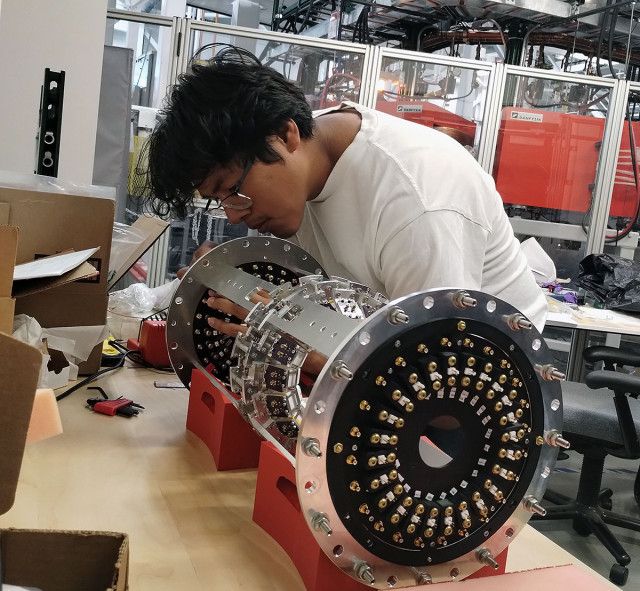The National Endowment for the Humanities (NEH) has awarded Wittenberg University $135,482 for a comprehensive, integrated project titled “The Healing Humanities: Creating Healthy Pathways on Campus and in the Community.” In addition to facilitating access to humanities-based teaching and learning, and empowering students and community members to impact their hometowns in ethical and equitable ways, the project aims to make Wittenberg the first liberal arts school in Ohio to offer a certificate program in health humanities and equity.
“Our team is so excited to have received this grant as it affirms the centrality of the humanities to our psychological and physical well-being—how it helps us understand what it means to be human and to be a human who cares for themselves and others,” said Veler Endowed Chair in English Cynthia Richards, who serves as the project director. Richards is joined by co-leaders Alejandra Gimenez-Berger, associate professor of art history, and Kimberly Creasap, director of Susan Hirt Hagen Center for Civic & Urban Engagement and adjunct professor of sociology.
Health Humanities is a steadily growing, cross-disciplinary field that draws on the humanities and arts to investigate aspects of lived human experience related to health and medicine. Health Humanities use methods such as reflection, contextualization, deep textual reading, and slow critical thinking to examine the human condition, the patient experience, the healer experience, and the intersections between the physical, emotional, social, spiritual, and ethical aspects of receiving and providing healthcare throughout history.
Pending approval by the Wittenberg faculty and Board of Directors, the health humanities certificate will support working professionals in the health care field. The funding will also support a rotating Health Humanities Fellowship for Wittenberg faculty to help the University build capacity for continued work in the field, as well as establish clear pathways to experiential learning opportunities with local community partners, including the Rocking Horse Center, the Clark County Combined Health District, the Springfield Promise Neighborhood, and the Springfield Museum of Art.
“The project reflects Wittenberg’s already well-established experiential learning infrastructure, all while promoting true collaboration and reciprocal relationships between Wittenberg and community leaders, both in the health care field and in the arts,” Richards said.
Additionally, a Community Advisory Group will be developed to advise on curriculum content and community partnerships and outreach, along with the creation of a minor in Health Humanities – a rare offering among liberal arts colleges. Pending final approval by the faculty and Board, the minor is expected to be offered in the fall of 2024 with the certificate program in place by summer of 2025. Topics under consideration for both programs include narrative medicine, empathy, cross-cultural medicine, historical concepts of health and care, and skills such as critical thinking, ethical problem solving, intellectual curiosity, narrative analysis, writing, responsive discussion, and reflection.
One of the largest funders of humanities programs in the United States, the NEH is an independent federal agency created in 1965 that has awarded more than $5.6 billion for humanities projects through more than 64,000 grants since its creation. This latest round of funding at $33.8 million will support 260 humanities projects nationwide.
About the NEH: The National Endowment for the Humanities (NEH) is an independent federal agency created in 1965. Because democracy demands wisdom, NEH serves and strengthens the republic by promoting excellence in the humanities and conveying the lessons of history to all Americans. The endowment accomplishes this mission by awarding grants for top-rated proposals examined by panels of independent, external reviewers. NEH grants typically go to cultural institutions, such as museums, archives, libraries, colleges, universities, public television, and radio stations, and to individual scholars.







